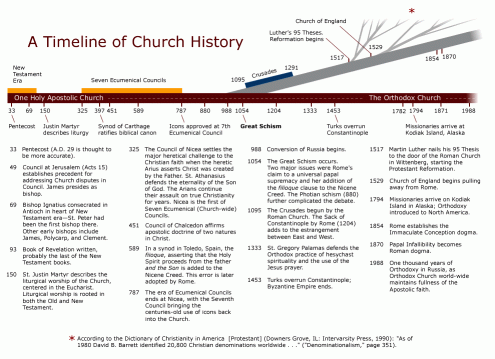|
We are not Jewish, but we are Orthodox. We are not Roman, but we are Catholic. When we say “We’re not Roman, but we are Catholic” we mean four things:
Visit our Seeker's Guide to Orthodox Websites to find additional material about the Ancient Church. |
We are not Protestant, but the Bible came from us. We are not Denominational, we are Pre-Denominational. |
|
Ancient Faith Radio seeks to deepen and enrich the faith of Orthodox Christians around the world with streaming audio programming, live call-ins, and on-demand podcasts. We feature liturgical music from a variety of Orthodox traditions, as well as prayers, readings, lectures, and interviews.
|
For Visitors to Orthodox Worship Services Visiting an Orthodox Church, for many people, is a new and exciting experience. For those who are unfamiliar with the Orthodox Christian faith it may sometimes be difficult to understand what is happening, and we are sensitive to that. Here are a few questions you may have if you are unfamiliar with our faith. If you have additional questions during your visit, please speak to the priest after the service. New visitors will find there are many new things to experience in a Holy Orthodox Church service! Feel free to go at your own pace, ask any questions you want, and know you are most welcome to “come and see”! Here is an article written by an Orthodox Priest who converted in 1998 about the reasons why he converted and remains Orthodox. Are you Protestant trying to understand various aspects of Orthodox Christianity? Read our page dedicated to your questions entitled
The Ancient Church Have you ever wondered "What ever happened to the original church of the Last Supper?" The Ancient Church looks at the historical events that led to the Great Schism, the Protestant Reformation, and the survival of the Orthodox Church over the past two thousand years. |





